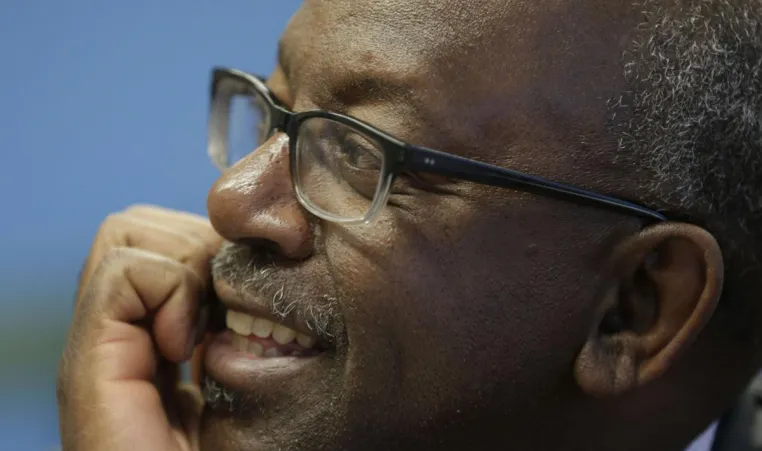
Hurt But Hopeful: My Perspective On What’s Happening In Our Country
I am really struggling to process what is happening in our country right now—in part because I have experienced it all before.
In the summer of 1967, I was 13 years old, a boy coming of age in South Philadelphia. What I saw outside my front door and on my TV screen is seared into my memory: black people, taking to the streets in urban areas…New York, Detroit, Chicago, Los Angeles, Oakland…as part of the Civil Rights Movement to protest racism, violence against people of color and a discriminatory justice system, and to call for equity in the form of voting rights and access to jobs, affordable housing and a quality education.
Those memories came rushing back to me during the past week, as I watched the sickening video of the needless brutality that killed George Floyd, and the protests that followed in Minneapolis and other communities across the country in his name, as well as the names of Breonna Taylor, Ahmaud Arbery and the many African Americans—some whose names are widely known, most whose are not—who came before them and whose potential will never be realized, lost to our communities forever.
I understand the pain that comes with feeling invisible, unheard and undervalued, and the intense desire to make a statement and get people’s attention. I am outraged by those who have exploited peaceful protests for their own gain, resorting to looting and destruction.
As I have watched all this unfold, I’ve asked myself: What really has changed for people of color in this country during the past 50 years?
Not enough. Not nearly enough.
But I have noticed at least one very important, very encouraging difference as I’ve tried to make sense of what I’m witnessing and find the right words to express what I’m feeling: It’s not just black people marching for equity and justice, condemning police brutality, calling for an end to systemic racism and saying Black Lives Matter. They are joined by allies of all races and ethnicities—representative of the great diversity of our nation—and most of them are young people.
So, while I am sad, frustrated, angry and scared, I am not hopeless.
The challenges we face as a nation related to racial equity and justice are significant and growing, with roots that go as deep as our nation’s founding, but they are not beyond the power and determination of young people. I am convinced of that.
This current generation of young people is not only the largest generation in our nation’s history, but also the most diverse. They value diversity, inclusion and equity and care deeply about the welfare of others.
They are the changemakers we need for the communities we want—communities where all people, no matter who they are or where they come from or what their current circumstances, get the support they need, when they need it, to reach their full potential.
They also are our future federal and state legislators, mayors, corporate and nonprofit leaders, educators, health care providers and police officers. And they’re not going to stand for the status quo. They’re not going to stand for the world that’s being left to them. They’re not going to stand for anything less than the future they want.
We all should be grateful to them for that. They are cause for hope.
Reading the thoughts, prayers and reflections of Y colleagues—both those I know personally and those I don’t but with whom I share a devotion to this great organization—these past few days has been uplifting and inspiring to me.
They’re damn mad, they’re worried and they’re distraught. But they’re also resilient, energized and committed to creating real change.
All of us in the Y must understand that we’re part of the solution, individually and collectively. We should stand up and speak out for equity and justice. This is a pressing community need, and the Y always has responded to pressing community needs.
We all are grappling with the big, bold actions required to turn the tide in our country, and that’s important. But as an inclusive organization committed to partnering with young people and giving them the support they need to act on what’s important to them, there is so much the Y can do right now—even in the midst of the COVID-19 pandemic. As I have seen YMCAs demonstrate repeatedly during the past few months, we still can unite people and inspire positive action to fill gaps and address disparities in communities, despite not always being together physically.
This is a time of great anguish and despair in our country, particularly for people of color and the most vulnerable among us. We cannot let all this suffering be in vain. It must drive us toward a better tomorrow.
I know the Y has the credibility and capacity to lead. We must be guided by the light of our organizational commitment to inclusion and our focus on young people. We must go forward with a fire in our souls and hope in our hearts. We must work together to create the future we all want and deserve.
Kevin Washington
President and CEO
YMCA of the USA
Photo by Julie Jacobson, Associated Press